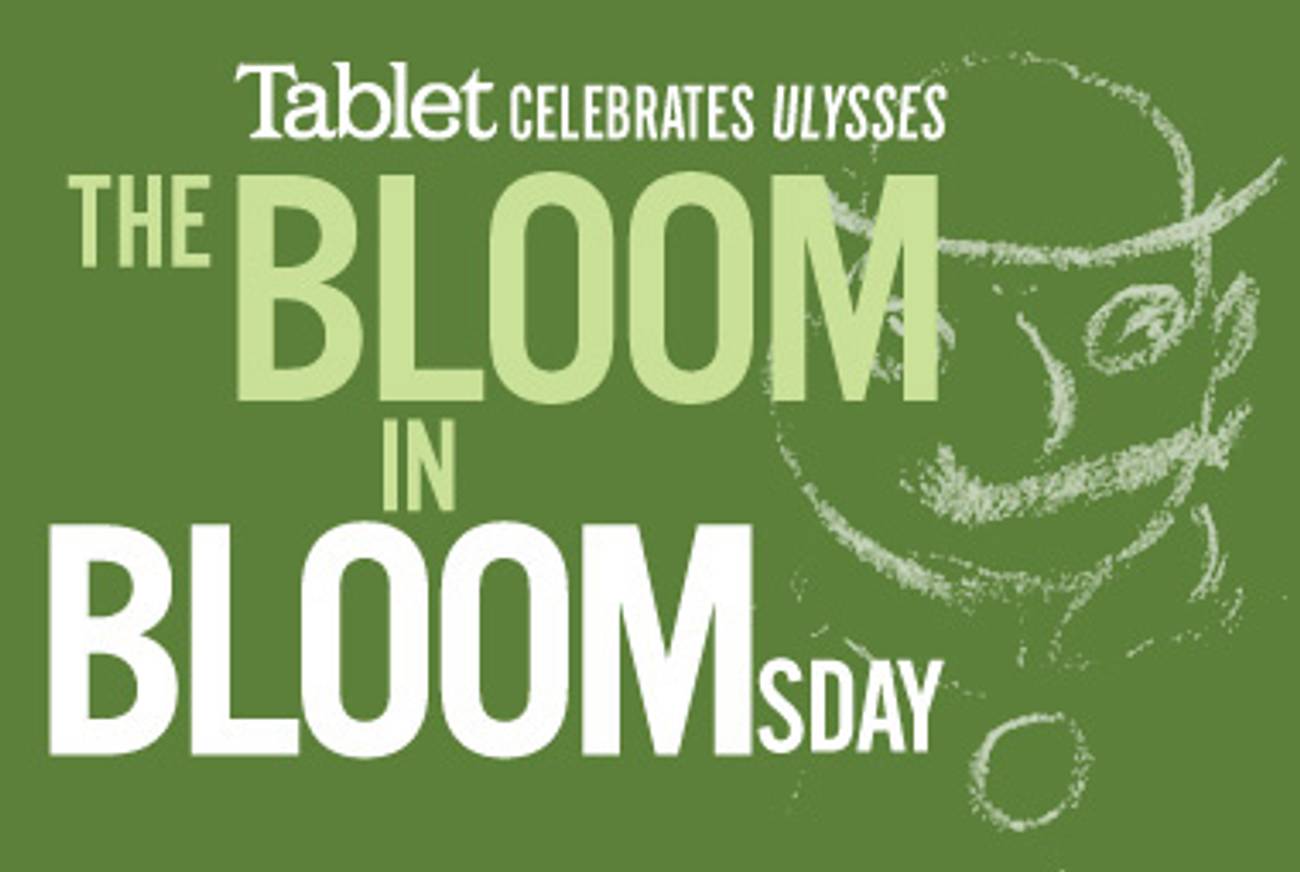A Head Trip to the Lower East Side
Blogging Joshua Cohen’s ‘Witz’




The Scroll will be blogging selected sections of Witz, the new novel from Tablet Magazine columnist Joshua Cohen. Josh will be celebrating James Joyce’s Ulysses with us this Wednesday, June 16.
Manhattan’s Lower East Side is a district known today primarily for its nightlife, and when friends and I have gravitated there for that reason, frequently one or the other of us will refer to it, jokingly, as “the old neighborhood.” Fact is, this was for many years the center of Jewish life in New York City (and therefore in America), and certain vestiges—the old Forward building on East Broadway, the Tenement Museum, the mural advertising Schapiro’s kosher wine—remain to remind the young men and women frequenting the bars on Ludlow Street on Friday nights—many Jewish; hey, it’s New York—that this is actually a place of history.
Witz serves as another reminder, in a late section of the book in which our hero, Benjamin Israelien, the last true Jew on an earth where everyone has adopted the trappings of Judaism, ventures “Downtown” to the holy neighborhood, “a world not so much frozen in time as in time past”:
this lonesome stretch of barrengardened, coldflat Orchard Street: a secret message of what, encrypted for whom. Anyway, is it even Orchard Street … isn’t it maybe Grand, or Delancey I’m crossing, Division dividing Essex or Essen, hesternal Hester heading western to where I don’t know, no street numbers I’m seeing, O show me the signs—Second Avenue, I know at least, I see they’ve renamed it Avenue Bet, First Avenue, Aleph, I get it, nu, I can count …
Above is a good example of “the new language old” that Cohen has created for his protagonist. It is its own, dynamic language, albeit one spoken only in the protagonist’s head ever since he lost his tongue, in—as Cohen has put it elsewhere—“an unfortunate confluence of cunnilingus and the 137th Psalm.”
Benjamin enters a Chinese restaurant, and the waiters—“busgoys” and “busboychiks”—are dressed as, well, Chinese Jews, although not in the Kaifeng manner: “Above their uniforms, which are tuxedos, they’re turned out in yarmulkes; they’ve grown silken beards to complement their payos, like thin and greasy noodles.”
After a hearty meal, the hunted Benjamin must be on his way. The Lower East Side of Witz undeniably feels post-apocalyptic—at one point, an aimless herd of sheep crosses Benjamin’s path—and there is a general aura of infertility (“barrengardened”). Yet there is also something ruefully hilarious about the whole setpiece. I would try to describe it. But that would go against the spirit of this novel, whose epigraph reads, “Witz: being, in Yiddish, a joke“, and whose main character at one point notes, “nothing’s ever funny when you have to spell it out.”
Marc Tracy is a staff writer at The New Republic, and was previously a staff writer at Tablet. He tweets @marcatracy.